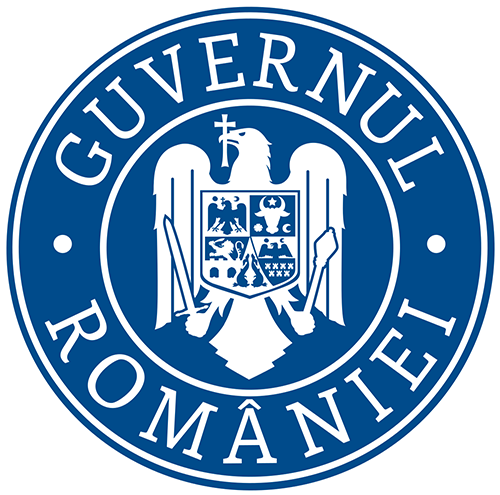The European Institute of Romania (EIR) launched a new online debates series entitled European News in the Spotlight with the objective of informing the general public about the importance that the Council of the European Union has in coordinating the policies of the Member States in specific areas, bringing into debate topics that are priorities on the agenda of the current Presidency.
The first event within this series was organised in partnership with the Embassy of Romania in the Czech Republic and took place on Friday, 14 October 2022, online format (Zoom platform), between 10:00 – 12:00 CEST (Central European Summer Time), with the topic Energy security in the European Union: between green ambitions and securing supply.
The debate occasioned a welcoming address of Mrs. Oana Mocanu, Director General, European Institute of Romania and Her Excellency, Mrs. Antoaneta Barta, Ambassador of Romania in the Czech Republic, and an official intervention of Mrs. Tatiana Iosiper, Special Representative for Energy and Climate Diplomacy, Ministry of Foreign Affairs, Romania.
The event`s main expert guests were Mrs. Kateřina Davidová, Senior research fellow, EUROPEUM Institute for European Policy, Czech Republic, Mr. Radu Magdin, CEO Smartlink Communications, Romania and Mrs. Eugenia Gușilov, Director, Romania Energy Center – ROEC, Romania.
Mrs. Corina Murafa, affiliate expert, Center for Democracy Studies, Energy & Climate Policy Expert, Romania, ensured the moderation of the debate.
The event aimed to discuss the transition towards ensuring affordable, secure and sustainable access to energy sources for the European citizens, by unfolding the REPowerEU plan and its subsequent initiatives, while dealing with the crisis enhanced by the multidimensional effects of the illegal and unprovoked military aggression of Russian Federation against Ukraine.
During a rich and fruitful dialogue, a wide range of ideas emerged, amongst which, the following ones.
- Ensuring energy security and reducing the energy dependency on Russia is a key priority of the European Union (EU), of the Czech Presidency of the Council of the EU, and of the newly established political community.
- EU had to reshuffle its priorities, due to the illegal and brutal war at its Eastern borders. The measures adopted have highlighted the power of the EU unity and solidarity to protect its citizens and contain the rising energy prices.
- Worldwide, cooperation, dialogue and alternative solutions reduced the impact of the energy crisis on climate goals. The energy crises generated an opportunity and momentum for decision-making, a turning point for cleaner, more affordable and more secure energy systems.
- Energy dependency is dealt with by increasing the internal production, including of renewable sources, diversification of imports, reduction of consumption, and increasing the energy efficiency. The effects are visible: in 2022, the US is delivering to EU more than the Russian net supply; in the last years, the industries are reducing their gas demand; by 2025, the EU can stop the Russian gas imports.
- In terms of energy production, the EU is insufficiently stressing the need to speed up the EU based natural gas production; it considers the hydrogen, biomass and other solutions, even the coal power generation, but not the domestic gas reserves (such as the offshore ones of Romania, Netherlands, and Greece).
- Ensuring next level energy security while being under immediate pressure to secure supply makes difficult to give reassuring messages to citizens to be constructive in pan European communication. Rising prices and inflation are part of the discontent sensed in the dialogues between governments and citizens, governments and businesses, private sectors and citizens. Politicians should lead by example, and with enthusiasm.
- There is an inconsistency among European leaders in terms of messages and their balance, including overly optimistic ones (e.g., length of the crisis, from one to ten winters).
- Industries play key roles, with initiatives in innovation and investments. Therefore, overly populist policies in terms of pricing (profit bashing), are not acceptable.
- The old business model, based on centralised power generation and distribution is rejecting the new model, with distributive power generation. Some governments are reluctant to embrace the new model and move towards the future.
- In Romania, state owned enterprises—built in the seventies and eighties—dominate the energy sector. They all missed the boom of renewable energy of the second decade, with the exception of Hidroelectrica. Unlike three years ago, enterprises of the centralised power system are now interested in turning to green energy. Romania does not yet consider some measures of the REPowerEU plan (e.g. installation of 10 million heat pumps by 2025), though it stimulates very well the production of renewable energy.
- All member states enjoy the freedom of choice in taking the right path to meeting the EU climate and energy goals. Temporary measures, related to the urgency of the energy demand, may disregard these goals. On the long run, even though the energy sources may be changed and diversified, countries will still use oil and gas as energy sources.




